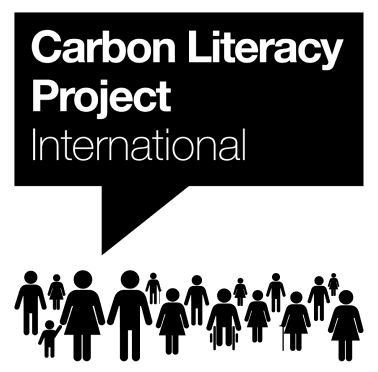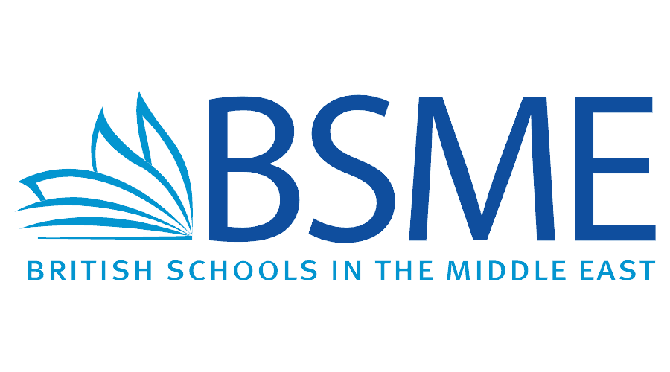Our project-based learning courses help students develop eco-literacy skills, build in-house sustainability capacity, and unlock the sustainability learning embedded in the school's campus and daily life.
The science of climate change and what to do about it
Students will gain an indepth understanding of the science of climate change. They will be equipped with the knowledge and capacity to create a postive societal shift in response to climate change. Students will develop pledges that significantly reduce their own carbon footprint and that of their school. There pledges will be reviewed by The Carbon Literacy Project, and individuals will receive a personal certificate of Carbon Literacy.
course Length
8 hrs.
Students will gain an indepth understanding of the science of climate change. They will be equipped with the knowledge and capacity to create a postive societal shift in response to climate change.
course Length
8 hrs.
Carbon Literacy: “An awareness of the carbon dioxide costs and impacts of everyday activities, and the ability and motivation to reduce emissions, on an individual, community and organisational basis.”
The 5 Dimensions of Carbon Literacy
What global warming is and how we know - building understanding of the ‘big picture’ of climate change.
What climate change is and what effects it is having – building understanding of why climate change is important.
What people are doing about it – building understanding that action to reduce carbon emissions is possible.
What people just like you could do about it – building understanding that action to reduce carbon emissions in possible in any specific sector.
Exploration of what you could do – building understanding of how to measure your own carbon footprint and realistic, practical steps to reduce it.

Carbon Literacy for Schools is a course designed to provides students and school staff with a common understanding about the science and impacts of climate change and the tools to reduce their carbon footprint in specific, measurable and meaningful ways.
Here’s what some of the students had say about it:
“ I truly think it should be mandatory for all [school] students.”
“I don’t think I would ever have learned these things in another course.”
“ It teaches you something you just can’t find on the internet.”
Carbon Literacy for Schools is a short, accredited course that provides students – and staff – with a common understanding about the science and impacts of climate change and the tools to reduce their carbon footprint in specific, measurable and meaningful ways. The course is accredited against the Carbon Literacy Standard of the Carbon Literacy Project (a UK Charity).
Students and staff who complete the course receive a Certificate of Carbon Literacy. If the Head of School or one of the senior leadership team also completes the course, the school becomes eligible to apply for a Carbon Literate Organisation – bronze level badge and to work towards the higher Silver and Gold levels.
Hover over each course to learn more
course Length
22 hrs.
Students will gain an indepth understanding of the science of climate change. They will be equipped with the knowledge and capacity to create a postive societal shift in response to climate change. Students will develop pledges that significantly reduce their own carbon footprint and that of their school. There pledges will be reviewed by The Carbon Literacy Project, and individuals will receive a personal certificate of Carbon Literacy.
course Length
22 hrs.
course Length
30 hrs.
Students will learn about this low-carbon transport fuel and will work with the school's food service provider to develop a supply of waste cooking oil from the school kitchen to sell to a local biodiesel factory. Participants will then work with the school bus company to set up a trial to demonstrate the use of biodiesel on a chosen school bus route.
course Length
30 hrs.
course Length
20 hrs.
Students will learn about offsetting and what to look for when identifying a reliable offsetting programme. They will research and recommend an offsetting scheme and develop an offsetting policy for the school, which will be pitched to senior leadership at the end of the course.
course Length
20 hrs.
course Length
25 hrs.
Students will learn about sustainability of food in relation to production, consumption and disposal. Participants will analyse data provided by the food service provider, and compare it to a universal science-based diet that can feed 10 billion people and be produced within planetary boundaries. At the end of the course, students will present their findings and recommendations to senior leadership and the food service provider.
course Length
25 hrs.
A proud member of




Emma graduated with distinction from Rhodes University with a Bachelor of Science in Zoology and Biochemistry. Since graduating, she has worked in the education sector throughout Asia.
She has experience in Nature-based Solutions for Disaster and Climate Resilience, SDG-Academy. In Emma’s spare time she wrote for an environmental think-tank, covering topics ranging from sustainable diets and lifestyles to biodiversity loss and conservation initiatives. Through her work at Metanoia, Emma is fulfilling a lifelong ambition of working in sustainability for education. She is currently working on applied sustainability audits in schools with the aim of helping them become net-zero institutions.
Her areas of interest include sustainability education, biodiversity loss, sustainable diets, and plastic pollution.
Kiran is an Environment and Sustainability masters graduate from Monash University, Australia. As a former digital marketer, she has experience in project management, campaign execution and brand development for multiple start-up companies.
Through Metanoia, she has applied her knowledge in sustainability communications and stakeholder engagement to drive behaviour change and whole school engagement within schools across Asia. Kiran also brings waste expertise to the team from auditing, reporting and providing innovative and circular solutions. Outside of work, Kiran likes to engage in environmental activism; from working with non-profits to reduce plastic pollution, to advocating for animal rights.
Her passion lies in water sanitation and sustainable agricultural practices.